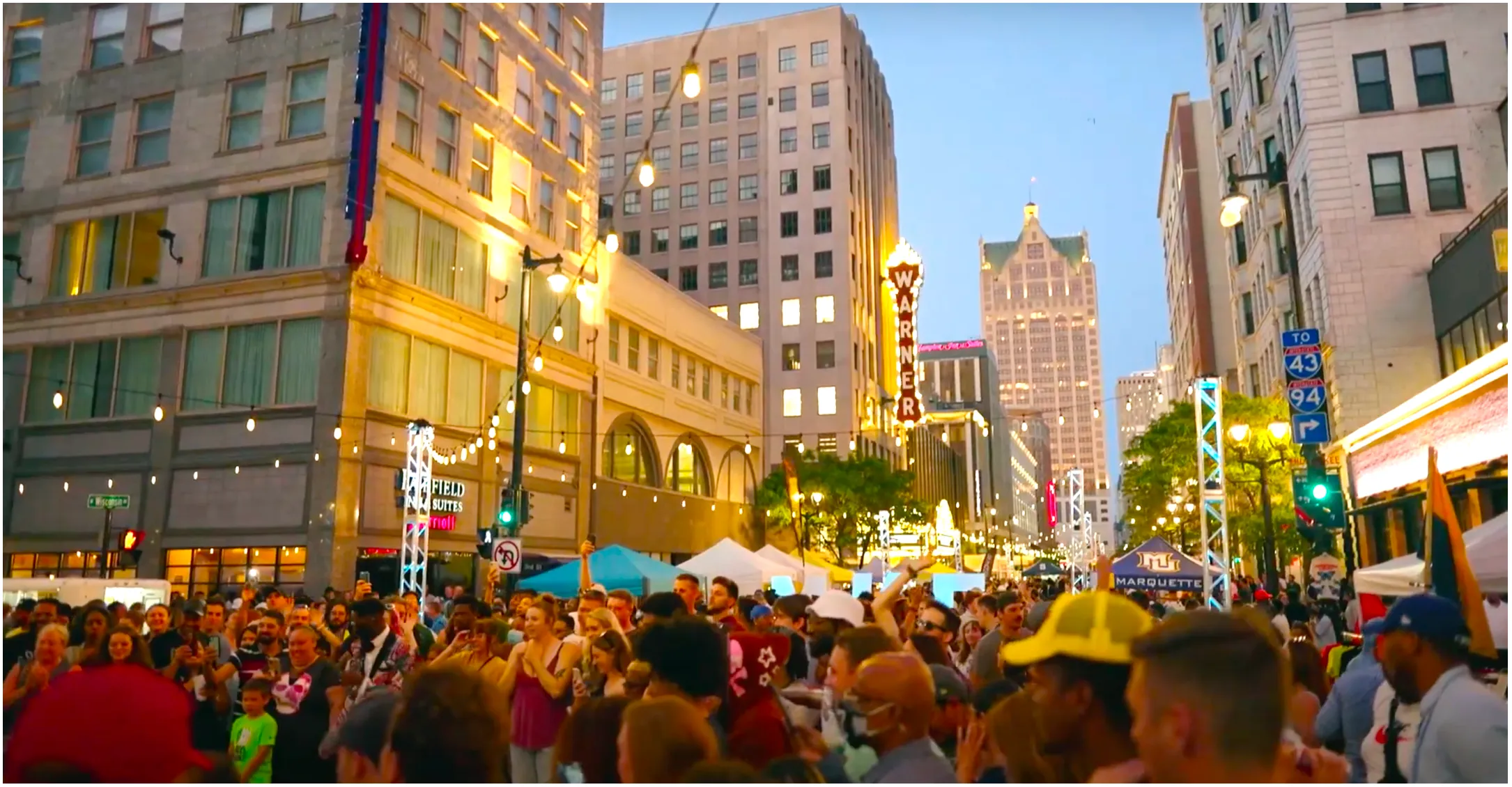As Juneteenth approaches, Americans prepare to celebrate the day that marked the end of slavery in the United States. This article delves into the historical origins of Juneteenth, its recent recognition as a federal holiday, and the evolving nature of its celebrations. From the struggles endured by enslaved individuals to the modern-day efforts of communities to honor their legacy, Juneteenth stands as a powerful reminder of resilience, unity, and the ongoing pursuit of progress.

Photo Credit: Twitter
Juneteenth, the historic day when the last enslaved individuals in the United States were informed of their freedom, is fast approaching. This occasion, celebrated by Black Americans for generations, signifies the end of a dark chapter in U.S. history and is marked with various joyful activities such as parades, street festivals, and cookouts. While the U.S. government only recently recognized Juneteenth as a federal holiday in 2021, there are concerns about the growing pressures faced by the holiday’s traditions, including political rhetoric against teaching racial history, commercialization, and a lack of understanding among celebrants.
The origins of Juneteenth can be traced back to Galveston, Texas, where celebrations initially began. President Abraham Lincoln’s Emancipation Proclamation, issued in 1863, declared slaves free, but it took until the end of the Civil War in 1865 for this proclamation to be enforced across the South. Even then, some slaveholders deliberately withheld the news from their enslaved workforce. It was not until June 19, 1865, when Union Maj. Gen. Gordon Granger and his troops arrived in Galveston, that the people there learned of their freedom. General Order No. 3, delivered by Granger, proclaimed the emancipation of all slaves and sparked the inaugural Juneteenth celebration in Galveston the following year.
The phrase “Juneteenth” is a combination of “June” and “nineteenth.” It has also been referred to as Juneteenth Independence Day, Freedom Day, Second Independence Day, and Emancipation Day. Juneteenth, which began with church picnics and speeches, expanded as Black Texans went to other areas of the country. Today, most U.S. states commemorate Juneteenth with celebrations or formal commemoration, comparable to Flag Day. It is a paid holiday for state employees in Texas, New York, Virginia, and Washington, and many businesses give their staff the day off.
Opal Lee, a former teacher and activist, played a significant role in mobilizing support for making Juneteenth a federal holiday. Her childhood memories of Juneteenth celebrations in Texas inspired her campaign. In 2016, she embarked on a symbolic walk from her hometown of Fort Worth, eventually arriving in Washington, D.C. Her efforts gained momentum, attracting the support of celebrities and politicians, culminating in President Joe Biden signing the bill that established Juneteenth as a federal holiday.
The recent national awakening over racial issues, prompted by George Floyd’s murder in 2020, presented an opportune setting for Juneteenth to become the first new federal holiday since Martin Luther King Jr. Day in 1983. Sen. Edward Markey’s bipartisan measure got significant support and was intended to heal the societal divides that still exist. With community service projects and educational panels focused on racial inequities and social concerns, the holiday has evolved into an occasion for action and education.
Commercialization has also become a part of Juneteenth celebrations, with retailers, museums, and venues capitalizing on the holiday through the sale of Juneteenth-themed products. However, some marketing efforts have faced backlash on social media. Amidst this commercial aspect, proponents of the holiday emphasize the importance of remembering its historical significance and the struggles endured for freedom. They urge people not to forget that while the United States declared independence from Britain in 1776, true freedom for all its citizens was only achieved on June 19, 1865.
As the United States navigates through racially and politically charged times, Juneteenth serves as a reminder of the fragility of freedom and the need for continuous progress. This year, communities across the nation will come together to celebrate resilience, unity, and progress. A diverse lineup of events and programs has been organized, ranging from the unveiling of historic markers to health fairs, carnivals, and cultural performances.
Juneteenth is a moment to reflect on history, celebrate freedom, honor African American culture, and inspire self-improvement. Communities aim to develop a culture that breaks down boundaries, promotes understanding, and cultivates togetherness by recognizing the significance of this day.












